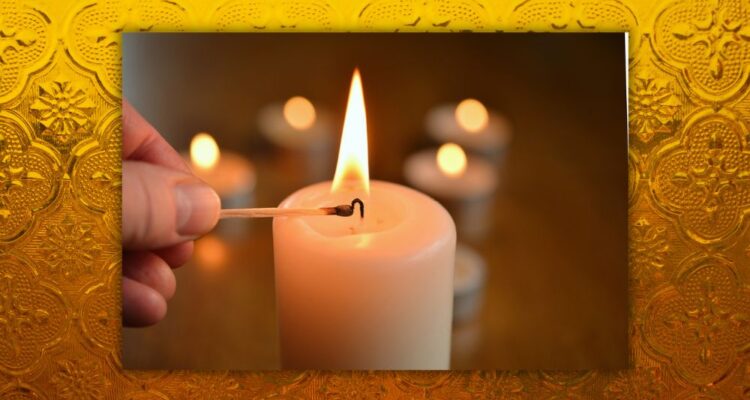I’m not going to lie. I was anxious as we pulled into the parking lot, driving past two large German shepherds who were incessantly barking and running back and forth along the chain-link fence.
I’d been slated to preach that Sunday morning, but, given the violent and unsettling events of the week, the worship team thought it would be best to invite a trauma specialist to speak to the community, a decision for which I was grateful.
Earlier that week, on Wednesday, an incident occurred requiring the police to be called. They quickly filed an animal cruelty case. A little while later, one of the congregants working in the church office heard something in another part of the building. He hadn’t gone far from the office when he saw someone he recognized, a person from the neighborhood who had recently been attending the church.
This young man, who wore a tactical vest laden with ammunition, threatened violence. Fortunately, the church administrator had the composure to excuse himself, he told the man, in order to complete a task in the office. Instead, he went out the back door and called the police, who a few minutes later successfully apprehended the armed gunman.
During the intervening days between this episode and Sunday, I felt a measure of relief in not needing to figure out what to say. What is appropriate for such an occasion? For someone who has relied on words as the integrating avenue through which I work, either as a university professor, a writer, or a preacher, I found myself without words. I didn’t know how to step into what was now scarred, sacred space. Even though no additional physical violence resulted on that day, the emotional and psychological wounds were, nonetheless, the most probable result.
It is no secret that we are living in a context where bad religion is fully on display. For all sorts of reasons, the loudest adherents seem to be the ones who have lost the plot. The religious scholar, Karen Armstrong, contends that the way we can ascertain the success of any religious system is to determine how well it cultivates compassion. I’ve often thought this is a helpful idea, especially when what passes for religion is trite platitudes—our thoughts and prayers are with you—rather than the harder, more sacrificial work of suffering with those who suffer.
The service that Sunday began, as it always does, with the beautiful Meditation on Breathing by Sarah Dan Jones: “When I breathe in, I breathe in peace. When I breathe out, I breathe out love.” The anxiety I had brought with me that day began to slip away. I could almost feel my body relaxing, muscles and heart, letting go of negative thoughts and feelings.
What followed was a brief accounting of the events by the congregation’s Board of Trustee’s president. He brought clarity to the situation and how it unfolded, of course, but more than that, too. He articulated a compassionate view of the situation. No one really knows why someone would do and threaten violence, so instead of assuming this community was his target per se, there could be space to realize that we don’t know the depths of what led this person to act as he did.
With this one observation, the Board’s president brought humanity into the circle by offering an alternative narrative. The accused became more fully, not less human. We did not need to fan the flames of our fear. Instead, we could look deeper, seeking to grasp that motivations and realities beyond our knowledge were, most likely, in play. Softer eyes, a kinder, gentler feeling could be a better response.
Later, during the service there was a time to light a candle, a visual representation of bringing someone into the shared space. Often names are read during the lighting. This Sunday, in addition to those named, including the man now behind bars, the animal who had suffered harm was brought into our awareness. It was an act of reverence and deep care.
It is still too early to know how this situation will continue to unfold. But, one thing is sure. This congregation exemplifies the goal of any religion worth its salt. Bad religion is what usually makes the news and certainly it is what is most often the loudest thrum.
But in this small and dedicated community tucked away in a residential neighborhood in a city in Texas, there is a place where good religion is practiced.
And, isn’t it good to know this is so?!

